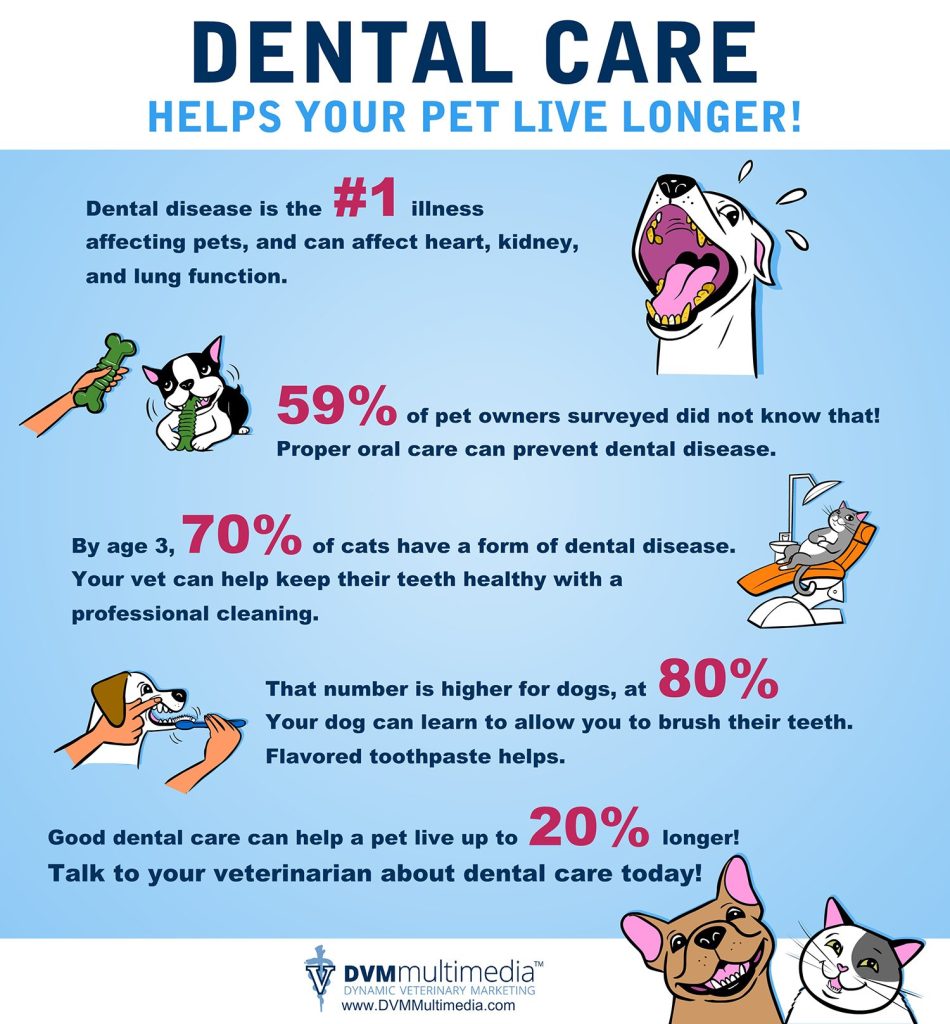
You want the best for your pet. You ensure they eat right and get plenty of playtime. However, dental care often gets overlooked. Regular dental check-ups have a positive effect on your pet’s health. Just like in humans, dental problems in pets can lead to serious health issues. Bacteria from untreated dental infections can enter the bloodstream. This can affect your pet’s heart, liver, and kidneys. At North Augusta veterinary, professionals understand the importance of dental health for pets. They offer guidance and care, ensuring your pet’s teeth stay healthy. Regular cleanings prevent plaque buildup which causes painful gums and tooth loss. This care also helps your pet eat more easily, which keeps them happy and energetic. Addressing dental needs now means you prevent more severe issues later. Your pet deserves a life free from pain. Show your love by prioritizing their dental health today. Your attention to this detail can save their life.
Understanding the Risks of Poor Dental Health
Poor dental health doesn’t just mean bad breath. It can lead to more severe health concerns. Gingivitis and periodontal disease are common issues. These conditions are painful and can weaken your pet’s immune system.
When bacteria from the mouth enter the bloodstream, they spread to vital organs. Here’s a closer look at what can happen:
- Heart Disease: Bacteria can cause endocarditis, an infection of the heart lining.
- Liver Impact: The liver filters toxins, and bacteria can cause inflammation.
- Kidney Damage: Bacterial infection can lead to kidney failure. Your pet struggles to filter waste.
Benefits of Regular Dental Care
Regular dental care enhances your pet’s quality of life. Healthy teeth allow easier eating and less pain. Here are some benefits of routine dental check-ups:
- Early Detection: Catch issues before they become serious.
- Cost Savings: Preventive care is cheaper than treating advanced conditions.
- Longer Life: Healthy pets live longer. Catching problems early extends lifespan.
The Dental Care Process
Veterinary dental care is straightforward. Your vet examines your pet’s mouth and checks for signs of disease. Here’s a typical process:
- Visual Exam: The vet checks teeth, gums, and jaw.
- Cleaning: Removal of plaque and tartar under anesthesia.
- X-rays: Detect hidden issues beneath the gumline.
- Treatment: Address problems such as cavities or infections.
Comparing Dental Health in Pets
| Condition | Symptoms | Prevention Tips |
|---|---|---|
| Gingivitis | Red, swollen gums | Regular brushing, professional cleanings |
| Periodontal Disease | Loose teeth, gum recession | Use dental chews, routine vet visits |
| Tooth Decay | Pain when eating | Limit sugary treats, proper diet |
What You Can Do at Home
Daily care at home makes a big difference. Brushing your pet’s teeth removes plaque. Use toothpaste designed for pets. Dental chews and toys also help keep teeth clean.
Here are three simple steps you can take:
- Start Early: Begin at a young age. Your pet will get used to the routine.
- Be Gentle: Use soft brushes and gentle motions.
- Seek Advice: Your vet can recommend products and techniques.
Conclusion
Dental care is crucial for your pet’s overall well-being. Neglecting dental health can lead to severe problems. Regular check-ups at North Augusta veterinary help prevent these issues. You want your pet to live a long, healthy life. By prioritizing dental care, you ensure they remain happy and active for years.